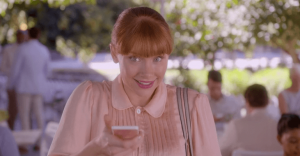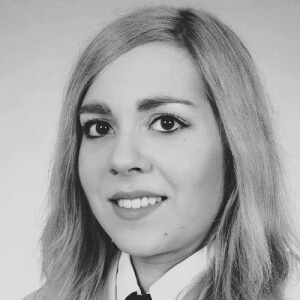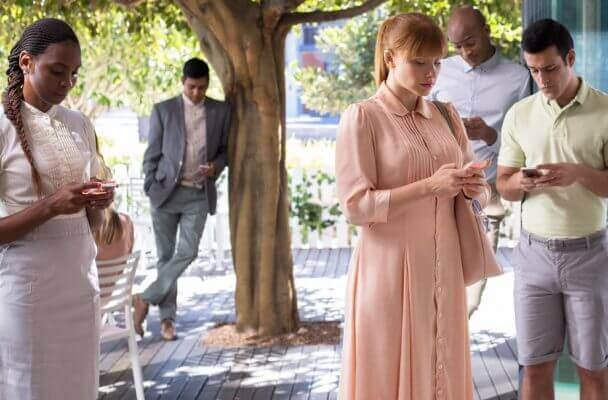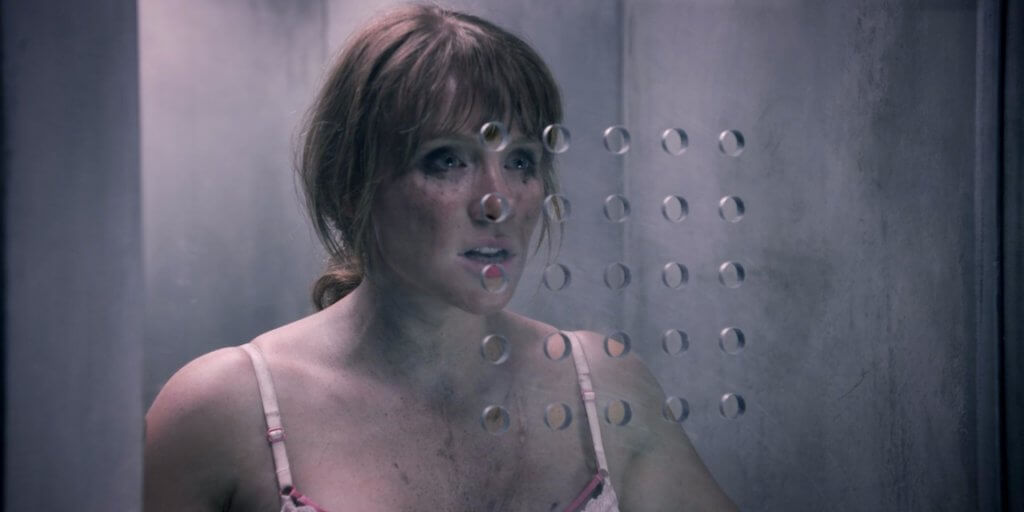Black Mirror: "Nosedive" and the Dehumanization of the Future


Written and verified by the film critic Leah Padalino
Black Mirror is a rare gem in television. Instead of giving us an escape from reality, the series forces us to be more critical of our daily reality. Each episode is unique and there’s no connection between them. Therefore, there’s no reason to watch them in order or to binge watch this show for hours. Also, some of the episodes are hard to digest.
In this article, we explore a Black Mirror episode from the third season of the series titled “Nosedive”. Although it’s futuristic, it’s a reflection of the world we live in today. This isn’t the first time Black Mirror does this. Creator Charlie Brooker said on more than one occasion that his inspiration doesn’t come from fantasy but from present-day phenomena.
“Nosedive” pointedly reminds us that social media has invaded our lives. It opens our eyes to how dangerous and unreal it can be.
Starring Bryce Dallas Howard as Lacie, “Nosedive” is set in a perfect world where everything is bright and pastel-colored, including the clothes, houses, and furniture. Everything is pleasant and idyllic in this not-so-distant future. However, a very dark social media world hides behind its perfectness.
“Nosedive”
The story of “Nosedive” is centered around Lacie and how she fairs in this society where people are scored in an app that’s very similar to Instagram. In the app, the lowest score is 0 and the highest score is 5. Your place in society is determined by how others rate you in the app. If your rating is high enough, you can get a better job, buy a house, and have access to many other benefits.
What would happen if we took everything we see on Instagram seriously? What would happen if we started to classify people by their popularity on a social network?
Black Mirror reminds us of the hidden ugliness of society. It makes us face the truths that we often ignore. If you haven’t seen the episode, you should probably stop reading. This article has lots of spoilers.
Behind the veil
We go on Facebook, Instagram, Twitter, or on any of the other social media networks that exist every day. It’s obvious that social networks have become part of our lives. They allow us to show the world what we want to be, not necessarily what we are. On social media, we present our daily lives as ideal.
In Black Mirror, people use stars to rate you from 0 to 5. This is very similar to Instagram likes. The main difference is that the ratings are actually social points. They go beyond the social network and determine what your life is like in the real world.
Lacie is a popular young woman who has a good job. However, since she’s not among the elite, her life could be a lot better. She’s completely hooked on the social media network and is determined to get better ratings so that she can become one of society’s elite.
To accomplish her goal, she tries to get the attention of an old childhood friend, Naomi. Naomi is a beautiful young woman with a perfect life who’s about to get married. She’s one of the elite, as well as all of her friends. Lacie figures that, if she can get high ratings from Naomi and all of her friends, she will have the life she desires.
Ratings and social status
Ratings can be public or anonymous and the repercussions of having a bad rating can be devastating. For that reason, everyone in this world tries to behave according to unspoken rules. People are overly kind and pretend to be “perfect”.
Let’s think about Instagram and the people we follow. The most popular accounts are filled with false happiness and painfully perfect beauty. Although we use an infinite number of filters on our pics and carefully pick out everything we publish, we can’t please everyone all the time.

In “Nosedive”, everyone has to be perfect and always put their best foot forward because those ratings determine their real social status.
In Black Mirror, everyone is friendly and nice to each other. However, it’s not real at all. It’s pure selfishness. They don’t act this way because they genuinely want to please or help others. They just want to improve their own ratings.
Naomi asks Lacie to be her maid of honor at her wedding. Lacie accepts without hesitation despite her brother’s warnings. He reminds her of some of the hurtful things Naomi did to her in the past. But Lacie believes she needs to go to that wedding because it’ll be full of people with very high social ratings. If they give her good ratings, she can reach a rating of 4.5 and be able to finance the apartment she wants.
But Naomi doesn’t invite Lacie because she’s her good childhood friend. She invites her because she thinks it might be entertaining to have a 4.2-rated person at her wedding. No one is genuine. No one thinks of anyone else.
The creation of slaves
This extreme concern over our image and what we project about ourselves to the world reminds us of our reality. “Nosedive” surely reminds us of situations that we’ve experienced.
We all want to share pictures of a delicious meal, a great night out with friends, an unforgettable trip, a simple cup of coffee… However, before we publish something, we think about it first. We think about who’ll see it and what they’ll think.
In modern society, technology replaces our humanity little by little. Luckily, we still have small spaces where we can be ourselves.
Some people even imitate others. But is that what we really want? Throughout the episode, we see how Lacie is extremely conditioned. She doesn’t choose the food that she likes. She only chooses socially-accepted food. She doesn’t like the cookies that come with her coffee, but she pretends she does. In this reality, everyone must interact with others in an extremely fake way. They can’t have arguments with others because they don’t want to risk lowering their scores.
Black Mirror and our reality
Black Mirror masterfully immerses us in a modern masquerade ball of real-life filters where everything is pastel-colored and perfect but no one is really happy. No one can possibly live that way. You can’t be happy all the time and you can’t love everyone and everything.

Social pressure from this extreme app, coupled with the invitation to the wedding, makes Lacie obsess over her own popularity. A series of unforeseen events make Lacie be herself and finally take off the mask. Lacie becomes human again.
It’s human to have individual feelings and not feel what everyone else is feeling. Humans express anger, frustration, sadness, and a range of other emotions. But in the perfect world that Lacie lives in, humans show no emotions. Lacie’s fall is nothing short of a liberation. Although she winds up in jail, she’s finally free.
The jail walls don’t oppress her, society does. Once she’s forced to set society aside, she can finally scream and let out all of her frustrations. She can finally be herself. In the final scene, Lacie has “lost her mind” and her cell phone. She gets into a very satisfying screaming match with a jail mate. It’s a surprisingly liberating and hopeful scene. There’s no greater prison than the one you make for yourself. Slavery begins with a dehumanized world.
“No one is this happy.”
–Black Mirror–
This text is provided for informational purposes only and does not replace consultation with a professional. If in doubt, consult your specialist.








